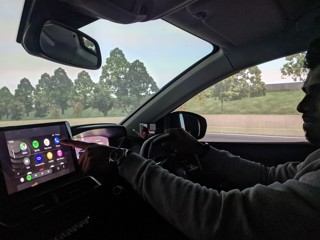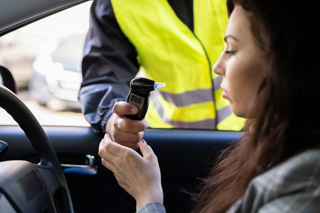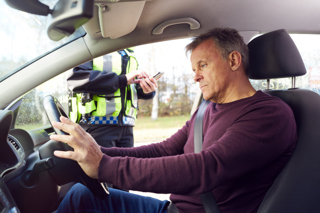The number of drug driving charges has risen by 125% to record levels in the last year, following the introduction of new legislation in 2015.
The significant rise in the number of charges was uncovered by Freedom of Information requests sent to UK police forces by BookMyGarage.com.
Of the 27 police forces across England and Wales that responded, the total number of drug driving charges increased from 4,122 in 2015/16 to 9,270 in 2019/20.
Drug driving became a specific offence in 2015, meaning police could charge someone for drug driving if they had at least one of 16 specified drugs in their blood above a certain limit.
Half of the 16 drugs listed are ‘medicinal’ and so drivers are just as likely to be prosecuted for having a legal drug in their system as they are an illegal drug while behind the wheel.
Sixteen police forces also provided data on the number of drivers who had tested positive for drug driving at the roadside, with the cumulative number of positive tests in these areas more than tripling from 2,619 in 2015/16 to 9,074 in 2019/20.
Not all positive tests necessarily result in the driver being charged, for instance where a roadside test shows as positive, but a police station test comes back as negative.
“Most people are aware of the ongoing problems surrounding drink driving but far fewer people know that drug driving is just as much of a problem,” said Jessica Potts, head of marketing at BookMyGarage.com.
“Although the data suggests the new police powers are enabling forces to arrest and charge more people, it’s alarming that the overall number of drug driving charges continue to rise despite its potential to cause devastating outcomes.
“Motorists should be especially aware that the law doesn’t just apply to illegal drugs. Medicinal drugs, such as those prescribed to treat insomnia or even some pain killers, feature on the list so it’s crucial drivers always check their medication to see if it impairs their ability to drive.”
Of the forces that responded, Essex police charged the most people for drug driving in the last year, with 1,828 charges between March 2019 and February 2020. Merseyside Police had the second highest number of charges at 1,605.
While most forces have seen an increase in the number of charges between 2015/16 and 2019/20, others have seen notable decreases. For instance, the Metropolitan Police saw a peak number of charges in 2016/17 of 1,152 but this has since decreased to just 339 charges in 2019/20.
Despite these figures, almost two thirds of people feel that the rules around drug driving are not being properly enforced.


















Login to comment
Comments
No comments have been made yet.